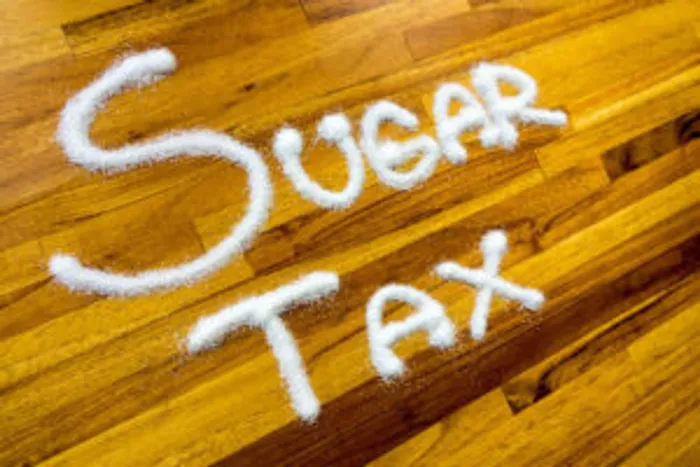
The levy, introduced in 2018, was intended to be evidence-based regarding its impact on improving health outcomes. The government is committed to researching the underlying causes of obesity levels in South Africa, the writer states.
Image: Picture: SUPPLIED
The South African sugar industry, one of the largest and important employers in KwaZulu-Natal and Mpumalanga, has faced a double whammy to its profitability in recent months.
First came a slide in global sugar prices in May, leading to a flood of cheap imports into the country, enabled by sluggish action on tariffs. Import duties were only adjusted in August, leaving a two-month window in which importers cashed in and undercut local producers.
Retailers and manufacturers gained in terms of an increased profit margin, while consumers did not benefit from lower prices.
Then came a 30 percent tariff slapped on South African goods by the United States, decimating returns from a long-standing preferential export market for South African sugar. The US does not produce enough cane sugar to meet its own needs and allows for controlled sugar imports into the US through a quota system.
South Africa’s exports under this quota system achieved a premium price without undermining American farmers. The loss of this revenue will have a profoundly negative impact on the local industry.
Now, just as the sector struggles with these external shocks, it faces a new threat from its own government. When Finance Minister Enoch Godongwana tabled the 2025 budget in May, he made it clear that the February 2026 budget must raise an additional R20 billion from new sources of revenue.
That figure now looms over already-strained sectors in the South African economy, including sugar. If Treasury increases the Health Promotion Levy, or so-called sugar tax, in the upcoming Medium-Term Budget Policy Statement, it would serve to only harm the sugar industry and thebroader economy.
The levy, introduced in 2018, was meant to be evidence-led in terms of a purported impact on improving health outcomes. The government promised to conduct research into the root causes of South Africa’s obesity levels.
That research has never appeared. The only substantial analysis remains a 2018 Nedlac study, which found the levy contributed to 16,000 job losses as demand for sugary beverages declined, with no evidence of any improved health outcomes.
This is not an abstract policy debate. The sugar industry supports 24,000 small-scale growers and 1,200 large-scale farmers, and a total of a million livelihoods.
Many of these producers operate in rural areas with few other employment opportunities and are just managing to keep their operations financially viable. Yet, some health activists, with significant overseas funding, continue to push for higher sugar taxes, blaming sugary drinks for a plethora of health problems.
The most recent research does little to strengthen their case. A South African Journal of Clinical Nutrition study published in July this year showed no link between children’s sugary drink consumption and being overweight.
Researchers from Stellenbosch University and Deakin University in Australia asked Grade 6 learners in middle-income schools in Nelson Mandela Bay how often they consumed sugary drinks. Nearly 78 percent reported drinking them one to four times per week.
Yet the study found no statistically significant link between sugary drink consumption and higher body mass index.
In fact, children who drank sugar-free beverages were more likely to be overweight. The authors suggested either that overweight children opt for sugar-free drinks or that there may be a link between non-nutritive sweeteners and weight gain.
The sugar tax has never been backed by solid evidence, with the data that led to it based on modelling, not real-world examples. Given the lack of data and rising pressure on the sugar industry from import competition and lost export premiums, the levy should now be scrapped entirely.
If the government is serious about rural development, reindustrialisation and preserving jobs, it should be shielding domestic producers from unnecessary harm, not piling on.
The sugar tax was never meant to become a revenue tool.
But in the absence of proper research, clear health outcomes or support for affected sectors, it is difficult to see it as anything else.
The South African sugar industry needs support. Not sabotage.
Higgins Mdluli, Chairman of SA Canegrowers.